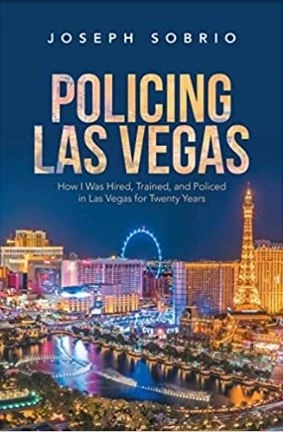Right around the three-year mark, I was asked to join the Community Oriented Police (COP) team. I had caught the team sergeant's attention when I served a search warrant on a smoke shop. Laws have changed, but at the time, smoke shops could sell glass pipes as a novelty only. I was able to establish that the owner was selling to people who were asking for drug pipes. It was a small warrant, but it worked.
COP teams usually were tasked with community events and various school and charitable activities. They really are the social portion of policing. McGruff the Crime Dog, National Reading Week, and various other community events are usually done by this team. Their mission is very specific, depending on the station to which they are assigned.
We focused on business licensing and problem apartment complexes where I was assigned. Business licensing was easy; the laws are very straightforward. Serving alcohol without a license and those types of violations are very easy to enforce. When I was able to shut down the smoke shop, I was taken to the COP team.
Problem apartment complexes are very complicated cases. You would have a complex of fifty to a hundred apartments. The owner tended back then to be either out of state or a corporation. The apartment manager had no authority, usually, to act on behalf of the owner and was often threatened with unemployment if occupancy goes below a certain percentage. This created an incentive to rent apartments.
In order to maximize occupation percentages, there was an incentive to lower prices. Cheap rentals were very attractive to bad people ready to do bad things. In addition, some statutes prevented managers from discriminating amongst renters for past arrests and convictions. Wherever you stand on this issue is irrelevant; anyone can see the problem arising. Some even started renting by the hour to raise money. Before we cast judgement. The apartment manager was wrong, but she was simply trying not to lose her job. She maintained the percentage the owner wanted by lowering the rent. She could not discriminate and thus be caught in a feedback loop.
As complex crime rose, my job was to meet with the manager, try to identify the owner and take some sanctions on them for operating a dangerous business, or a chronic nuisance, as the statute is written in Nevada. The law basically said that if the police were called to complex many times, the owner was operating a chronic public nuisance and could be prosecuted.
When owners are out of state or unreachable, and managers are willing just to resign in order not to deal with police pressure, it is very hard to maintain peace in problem complexes. The problem is the people this issue hurts the most are the poor. Those people on some sort of housing assistance are plagued with violence.
Joe Sobrio, the author of the book "Policing Las Vegas," has shared his real-life experience in his book for young readers who are interested in becoming police officers. The book is available on Amazon, Barnes and Noble or authorhouse.com.



